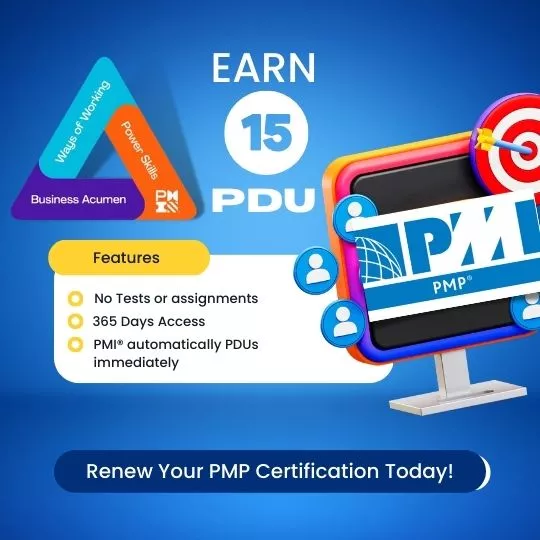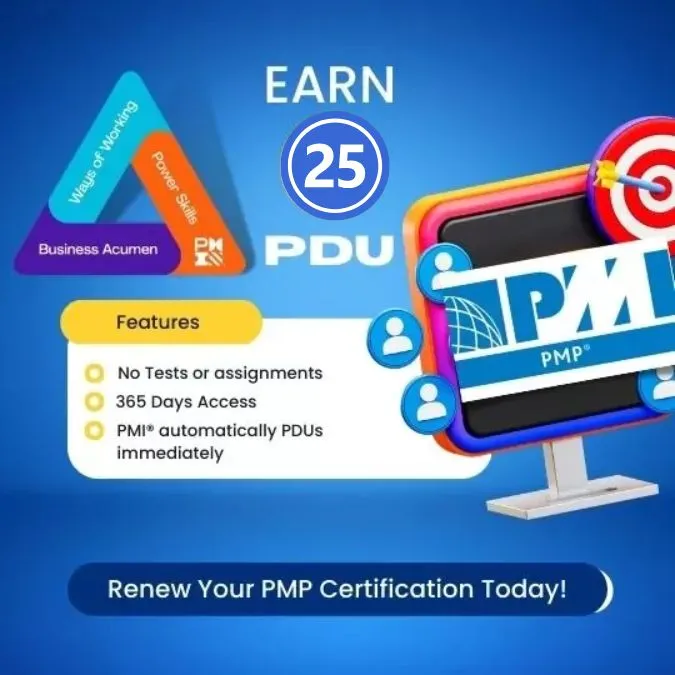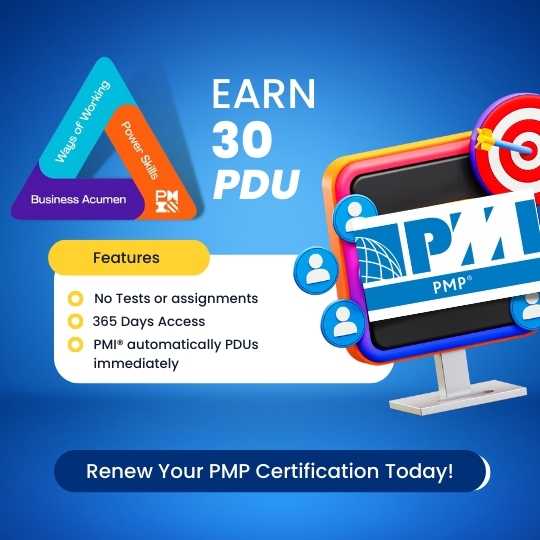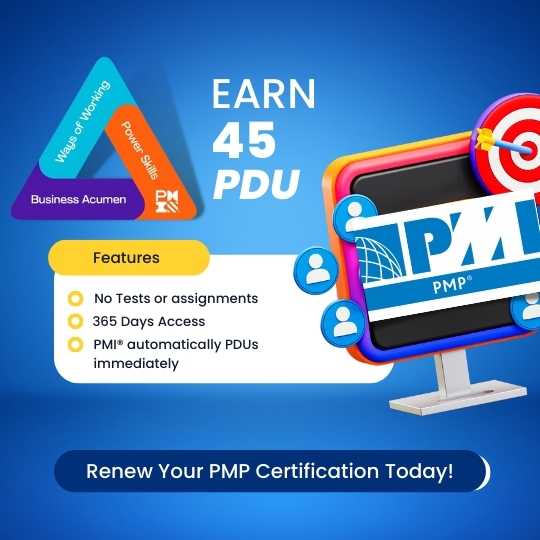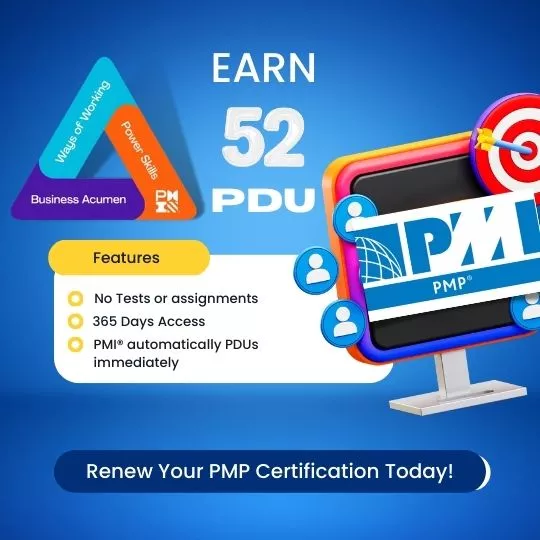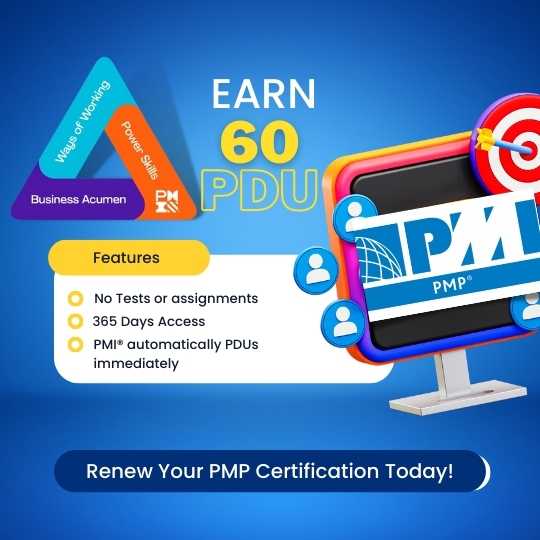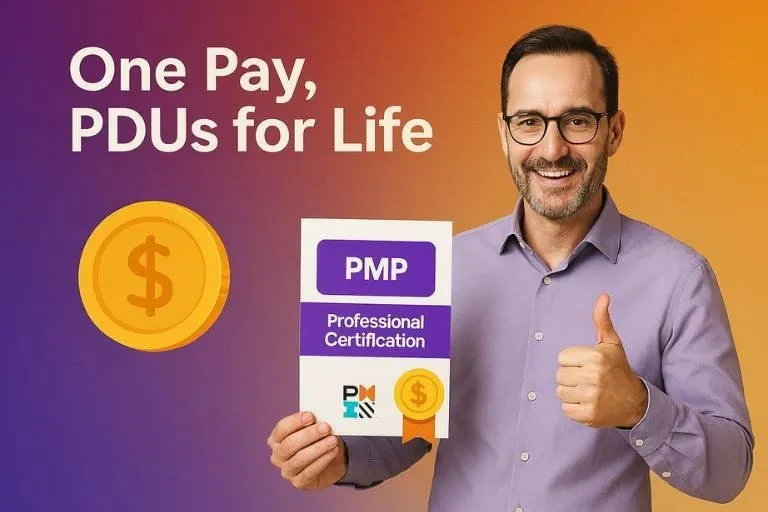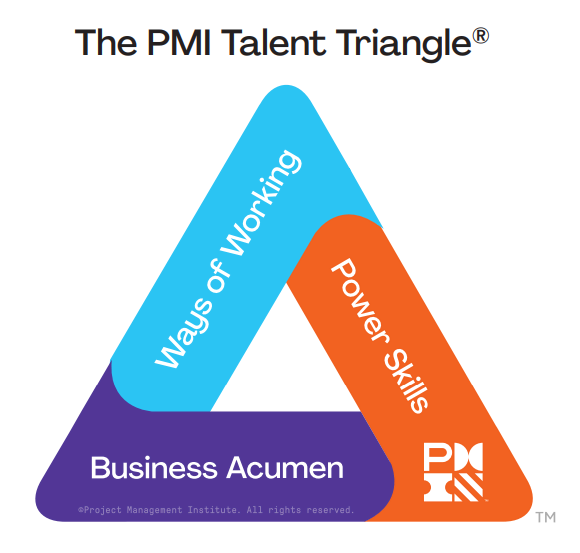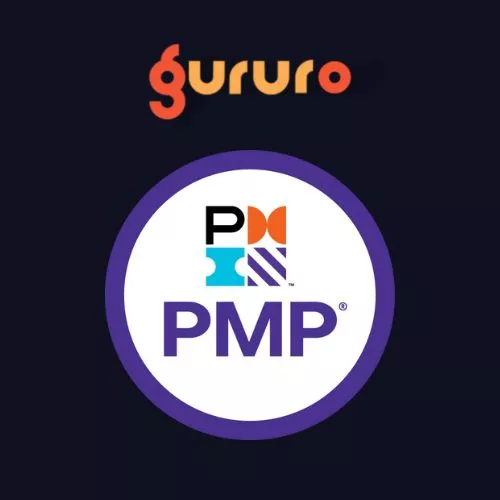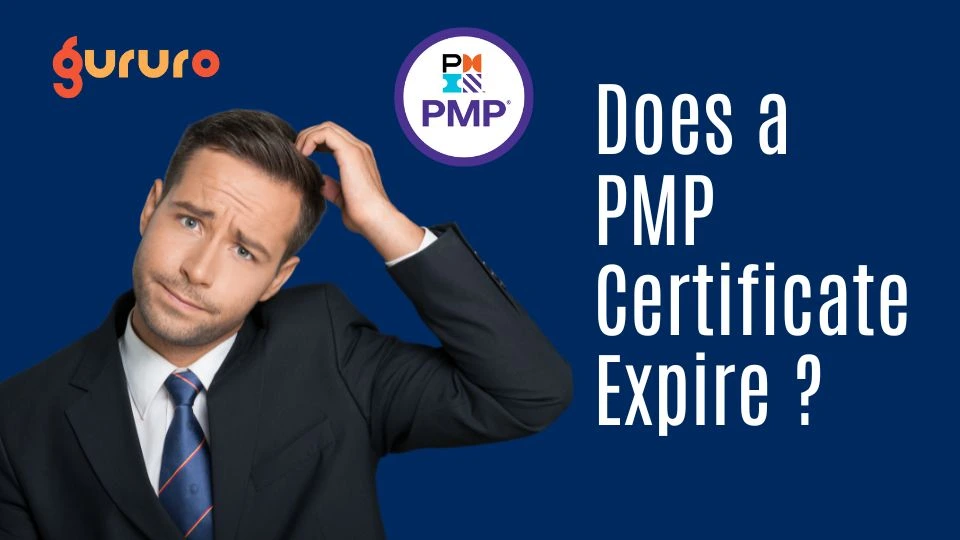Becoming a CAPM (Certified Associate in Project Management) is a great way to establish credibility and advance your career in project management. CAPM is a certification offered by the Project Management Institute (PMI), and it is designed for professionals who are new to the field of project management or those who want to demonstrate their understanding of the fundamental knowledge, concepts, and terminology used in the PMBOK (Project Management Body of Knowledge) Guide. To deepen your understanding of the PMBOK Guide, check out our detailed resource on PMBOK® Guide FAQs – A Guide to Project Management Body of Knowledge.
step-by-step guide to becoming a CAPM
Here is a step-by-step guide to becoming a CAPM:
Step 1: Meet the Eligibility Requirements
The first step to becoming a CAPM is to ensure that you meet the eligibility requirements set by PMI. The eligibility requirements include the following:
- A high school diploma, associate degree, or global equivalent.
- At least 1,500 hours of experience working on projects or 23 hours of project management education completed before sitting for the exam.
Step 2: Study for the Exam
The next step is to prepare for the CAPM exam. The exam is based on the PMBOK Guide and consists of 150 multiple-choice questions. The exam covers five process groups and ten knowledge areas.
PMI offers a variety of study materials, such as the PMBOK Guide, the CAPM Exam Prep book, and online training. Additionally, several third-party providers provide exam preparation courses and study materials. For a structured study plan, consider exploring How to Effectively Use Your PMP Certification, which offers insights into leveraging PMI resources and study strategies that can also apply to CAPM preparation.
Step 3: Register and Schedule the Exam
Once you are confident that you are ready for the exam, you can register and schedule the exam through the PMI website. The exam fee for the CAPM is $225 for PMI members and $300 for non-members. Curious about the benefits of PMI membership? Learn more in What is the PMI Membership Cost in 2025.
Step 4: Pass the Exam
The CAPM exam is a computer-based test, and it is offered at Pearson VUE testing centers. The exam is three hours long, and you must answer 150 multiple-choice questions.
Step 5: Maintain Your Certification
To keep your CAPM certification active, you must earn 15 Professional Development Units (PDUs) every three years through activities like attending webinars, taking courses, or volunteering. For a comprehensive guide on CAPM PDUs, visit CAPM PDUs: The Complete Guide for 2025. Additionally, learn how to renew your certification with our step-by-step guide on How to Renew CAPM Certification in 2025.
Passing the CAPM Exam: Proven Strategies and Tips
Passing the Certified Associate in Project Management (CAPM) exam can be challenging, but you can achieve it with the proper preparation and strategy. The CAPM exam is based on the PMBOK (Project Management Body of Knowledge) Guide, consisting of 150 multiple-choice questions. The exam covers five process groups and ten knowledge areas. Here are some proven strategies and tips to help you pass the CAPM exam on the first try.
- Understand the exam format and structure: Before you start preparing for the exam, it is essential to understand the format and structure of the exam. The CAPM exam is a computer-based test that is three hours long. You will have to answer 150 multiple-choice questions. By understanding the format and structure of the exam, you can better plan your study schedule and focus on the areas you need to improve.
- Use the PMBOK Guide: The PMBOK Guide is the primary reference material for the CAPM exam. It is essential to read and understand the guide before taking the exam. The PMBOK Guide can be purchased from PMI or borrowed from a library.
- Take a CAPM exam prep course: A CAPM exam prep course can help prepare for the exam. PMI offers an online CAPM exam prep course, and several third-party providers offer exam preparation courses and study materials. These courses will provide you with a comprehensive understanding of the exam’s content and format, and they will also provide you with practice questions and test-taking strategies.
- Create a study schedule: A study schedule is crucial for passing the CAPM exam. Set aside a specific time each day for studying, and stick to it. Make sure to allocate enough time to cover all the knowledge areas and process groups.
- Practice with sample questions: Practice with sample questions is an excellent way to familiarize yourself with the exam’s format and content. PMI offers sample questions on its website, and several third-party providers provide practice questions and sample exams.
- Take a mock exam: A mock exam is an excellent way to simulate the actual exam experience. It will help you identify areas where you need to improve and will also help you build your test-taking stamina.
- Stay relaxed and focused on the day of the exam: On the day of the exam, get a good night’s sleep, eat a healthy breakfast, and arrive at the testing center in plenty of time. During the exam, stay relaxed and focused and avoid distractions.
For more insights on applying project management knowledge, explore From Theory to Practice: Implementing PMP Concepts in Real Projects, which offers practical tips that can complement your CAPM study.
Is it worth it to get a CAPM?
Whether or not getting a CAPM certification depends on your individual goals and circumstances. However, here are some potential benefits of getting a CAPM certification:
- Credibility: The CAPM certification is recognized globally as a standard of excellence in project management. It demonstrates your knowledge and understanding of the PMBOK Guide and your commitment to the profession.
- Career Advancement: Many organizations prefer or require that their project managers hold a CAPM certification. This certification can open up new job opportunities and lead to promotions.
- Increased Earning Potential: According to PMI’s Earning Power Salary Survey, CAPM certification holders earn higher salaries than non-certified project managers.
- Professional Development: Earning the CAPM certification requires you to meet specific education and experience requirements, so in the process of getting the certification, you’ll be gaining knowledge and experience that can help you in your professional development
- Networking: The CAPM certification gives you access to a network of other certified professionals. Joining a local PMI chapter or participating in online PMI communities can provide you with valuable resources and opportunities for professional growth.
To weigh the long-term value of PMI certifications, read Is PMP Certification Losing Its Value in 2025 for a broader perspective on certification trends.
How much does CAPM certification cost?
The cost of the CAPM certification varies depending on whether you are a member of PMI or not. The cost of the certification can be broken down as follows:
- PMI Member: The cost for PMI members to take the CAPM exam is $225.
- Non-member: The cost for non-members to take the CAPM exam is $300.
You may also have to pay for study materials, such as the PMBOK Guide, practice exams, and exam preparation courses. Again, these costs can vary depending on the provider, but you can expect to pay anywhere from $50 to $500 for study materials.
Which is better, CAPM or PMP?
The CAPM is ideal for beginners, requiring less experience and focusing on foundational PMBOK Guide knowledge. In contrast, the PMP targets experienced project managers and covers advanced topics. For a detailed comparison, check out PMP vs. Scrum Master: Navigating the Landscape of Project Management in 2025, which also touches on PMP’s relevance and can help you decide your certification path.
Both the CAPM (Certified Associate in Project Management) and the PMP (Project Management Professional) certifications are offered by the Project Management Institute (PMI). They are widely recognized in the project management field. However, there are some critical differences between the two certifications.
The CAPM is intended for professionals new to project management or those who want to demonstrate their understanding of the fundamental knowledge, concepts, and terminology used in the PMBOK (Project Management Body of Knowledge) Guide. It requires less experience and education than the PMP, and the exam is based on the PMBOK Guide.
On the other hand, the PMP is intended for experienced project managers with a certain level of education and experience. The PMP exam is also based on the PMBOK Guide, but it is more challenging than the CAPM exam and covers more advanced topics.
Regarding career advancement, the PMP certification may be more valuable, as it is the gold standard in project management and demonstrates a higher level of expertise and experience. However, if you are new to the field, or if you don’t meet the experience requirements for the PMP, the CAPM can be a great way to get started and demonstrate your
Which is better, CAPM or prince2?
The CAPM (Certified Associate in Project Management) and PRINCE2 (PRojects IN Controlled Environments) are widely recognized project management certifications, but they have some key differences.
The CAPM is offered by the Project Management Institute (PMI) and it focuses on the PMBOK (Project Management Body of Knowledge) Guide. It is intended for professionals new to project management or those who want to demonstrate their understanding of the fundamental knowledge, concepts, and terminology used in the PMBOK Guide.
On the other hand, PRINCE2 is a methodology for project management that the UK government developed. It is widely used in the UK and in other countries with a significant presence of UK companies and organizations. PRINCE2 is process-based, and it provides a framework for managing projects. It is beneficial for managing projects in a controlled environment, and it is often used in IT, construction, and engineering projects.
Both certifications have their own strengths and weaknesses; it depends on where you are located, what type of projects you are working on, and your preference. For example, if you are working in a UK-based organization or a company that is following the PRINCE2 methodology then PRINCE2 would be more valuable for you. However, PMI’s CAPM or PMP certifications might be more relevant if you work in a global environment. Therefore, you should consider your career goals and the industries you want to work in before deciding.
CAPM with no experience
The CAPM (Certified Associate in Project Management) certification is offered by the Project Management Institute (PMI) and is intended for professionals new to the field of project management. However, to be eligible to take the CAPM exam, PMI requires that candidates have at least 1,500 hours of experience working on projects or 23 hours of project management education completed before sitting for the exam.
If you lack project experience, you can qualify for the CAPM by completing 23 hours of project management education covering topics like project scope, time, and risk management. PMI-approved courses or university programs are excellent options. For guidance on earning PDUs to maintain your certification, see Understanding PMI Giving Back PDUs: Earn Your Recertification with Ease in 2025. The education should cover the following topics:
- Project Integration Management
- Project Scope Management
- Project Time Management
- Project Cost Management
- Project Quality Management
- Project Resource Management
- Project Communication Management
- Project Risk Management
- Project Procurement Management
- Project Stakeholder Management
By completing the 23 hours of project management education, you will gain a fundamental understanding of project management knowledge, concepts, and terminology. This will help you to pass the CAPM exam and demonstrate your knowledge of the PMBOK Guide.


